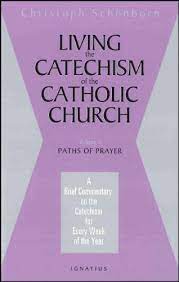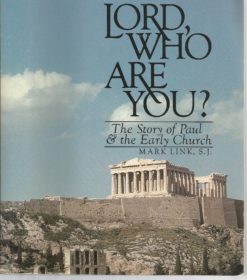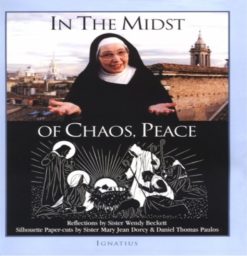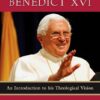With the election of Cardinal Joseph Ratzinger as Bishop of Rome on April 19, 2005, the Catholic Church for the first time in centuries had a professional theologian as pope. As a theologian, Joseph Ratzinger played a key role at the Second Vatican Council and in the years that followed. As Prefect for the Congregation for the Doctrine of the Faith, he watched zealously over Catholic theology in the name of the Church. Now as pope, he has become pastor of the universal Church, articulating its faith and defining the parameters of its theology. He is one of the premier theologians of his age, and few of his contemporaries can approach the sheer number of his publications. While his familiarity with the history of theology and the writings of contemporary theologians is difficult to equal, his approach puts him at some distance from many of his peers in the academy. As both pope and theologian, he has at least on one occasion invited criticism of his non magisterial writing. This important book is a respectful yet critical examination of the thought of Pope Benedict XVI. One chapter reviews his history as professor, prefect, and pope; other chapters explore his theological vision, his relentless refusal to reduce Sacred Scripture to mere history or literature, his eucharistic ecclesiology, theology of the liturgy, and Christology. Pope Benedict XVI: An Introduction to His Theological Vision offers a concise overview of the present pontiff’s theological vision in the context of his thought and historical development.
Pope Benedict Xvi An Introduction To His
€19.50
In stock







